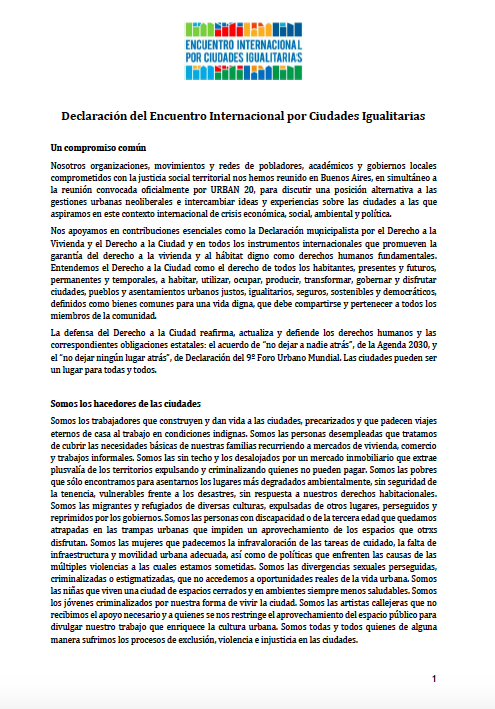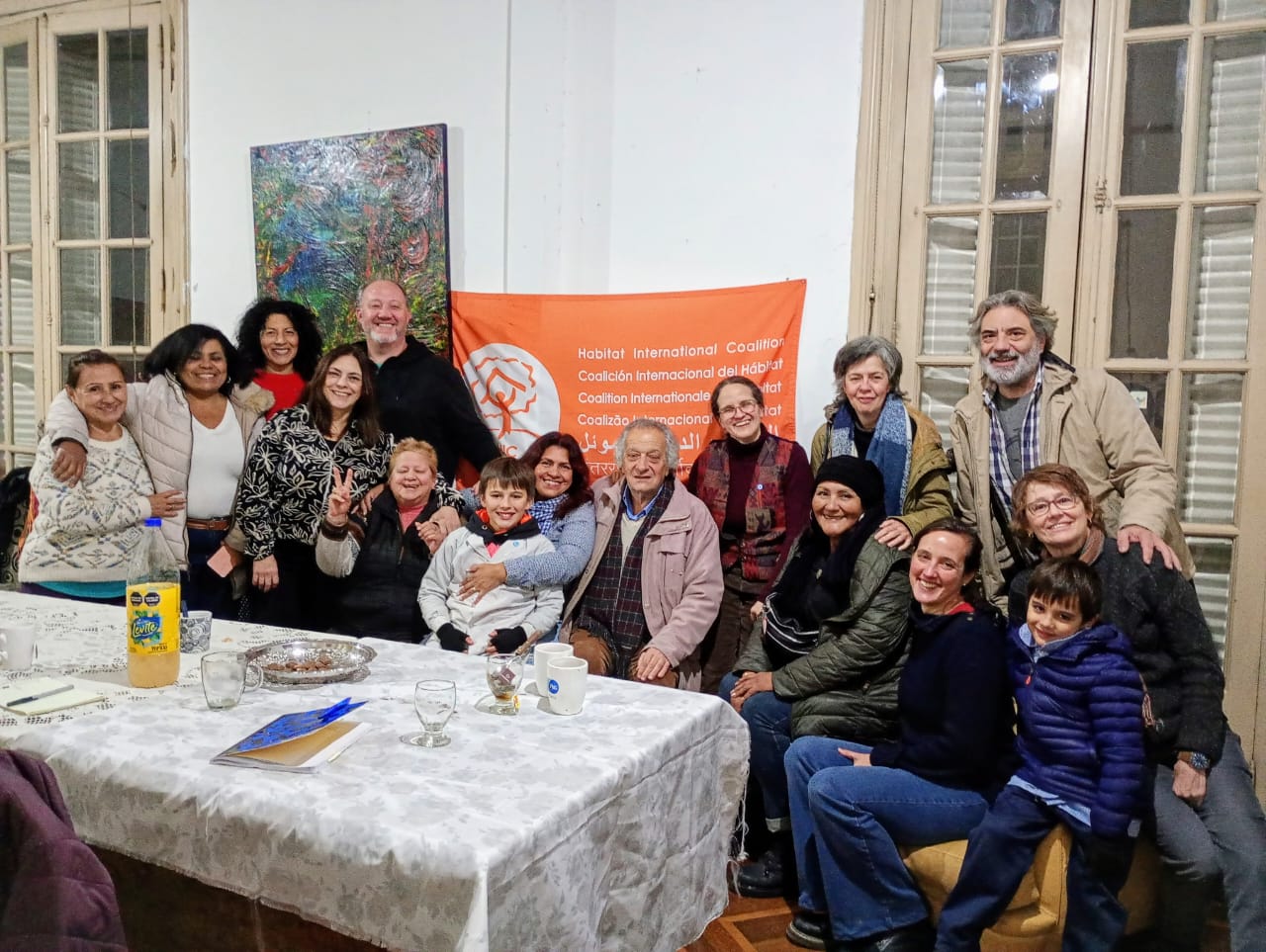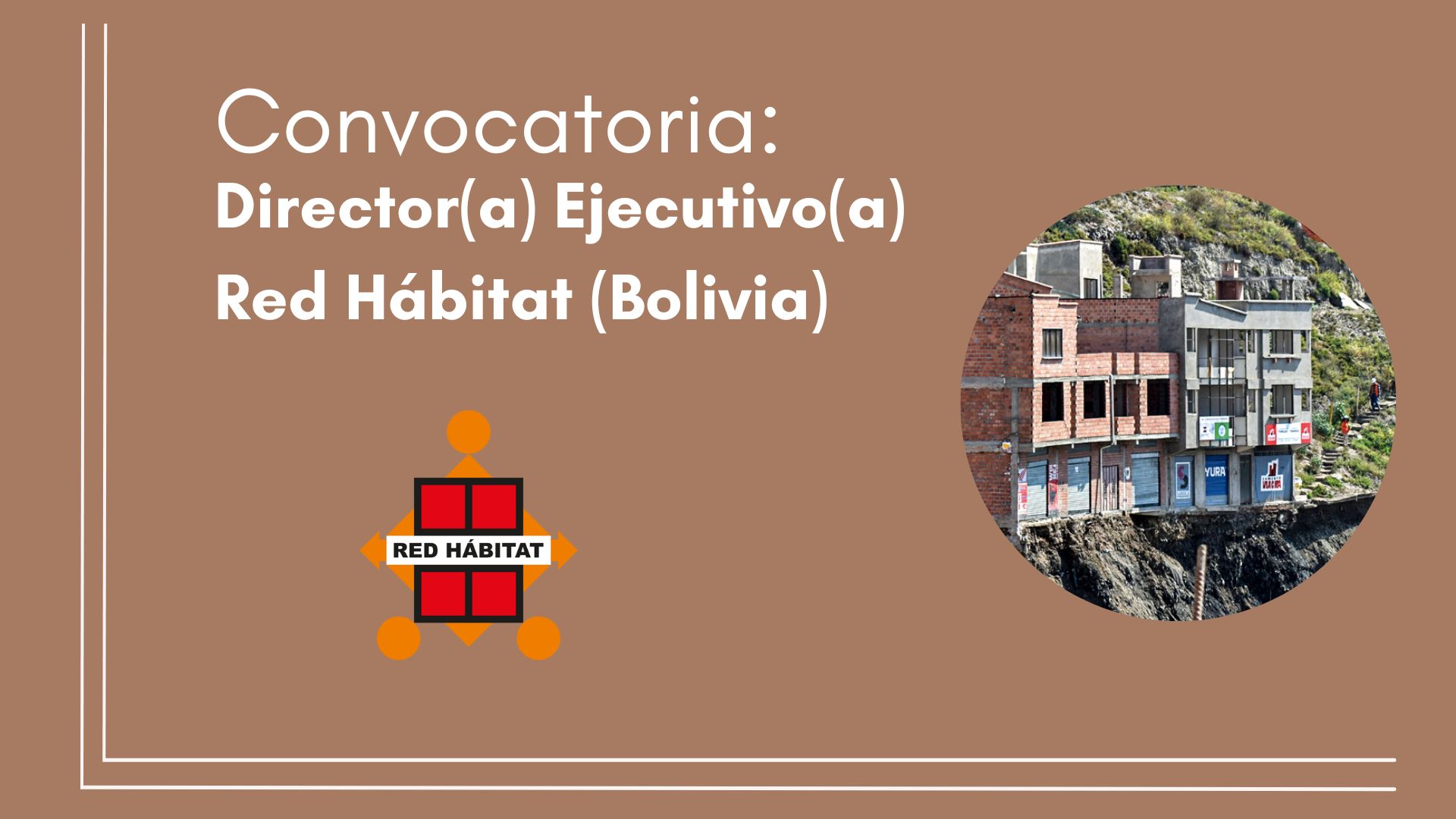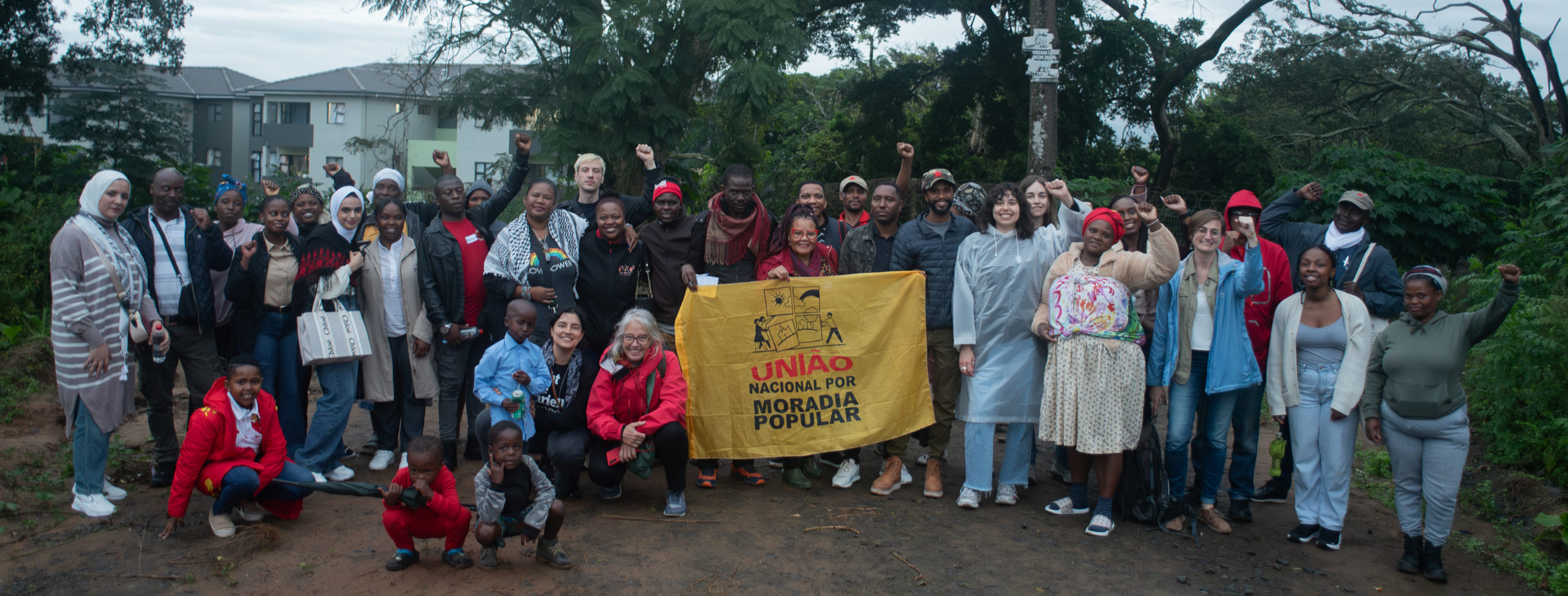The project sought to rely upon its organizational nucleus to encourage education and training of the youth, so as to relate to the local and international communities, pursue job opportunities to check poverty and pave the way for self-determination toward the fulfillment of needs. This experience also has opened the way to new mechanisms for solving local concerns and problems and to finding a place for the community in the framework of the studies and designs that external bodies carry out to ascertain Dhana and al-Qadisiyya’s present and future.
In the first stage, all processes of the initiative—planning, funding and implementation—took place on a local (popular) level. In the second stage, various parties participated in the planning, funding and implementation of some programs that needed external financial or technical assistance, especially those aspects implying investment (governmental and nongovernmental organizations, international funding agencies, private sector, international bodies and local initiatives).
The project has educated the community and made it aware of its rights, duties, opportunities and challenges imposed by the community’s geography and demography, as well as its conditions and relations with other governmental and nongovernmental institutions. The project depended on the activities that generated permanent income, in order to contribute to stability and sustainable development of the project through of collective investments.
Ten years after the project start, and despite all obstacles that hampered it, it managed to resist external attempts at control and realized self-determined development. Having assessed the experience, the factors of success lay in were the organization and institutionalization of collective work, relying on the local determination of needs and directing the benefits to the community.
Read the full text at:
http://www.hic-mena.org/SPH_cases/Dhana%20Valley%20Nature%20Presrve%20Jordan.pdf




